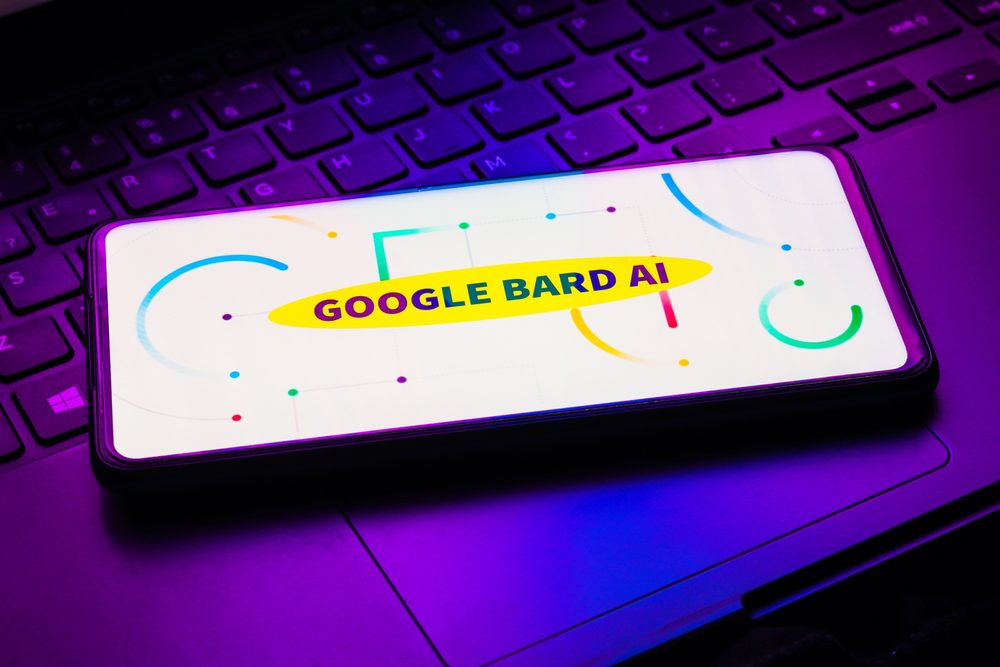Google is facing a class-action lawsuit for allegedly scraping the personal data of millions of users without consent and violating copyright laws to develop its AI products, CNN reported on Tuesday, July 11th.
The lawsuit was filed at the federal level by the California-based Clarkson Law Firm, the same company that brought a similar case against ChatGPT’s OpenAI last month. Google is being sued together with its parent company Alphabet and its AI subsidiary, DeepMind.
According to the suit, Google “has been secretly stealing everything ever created and shared on the internet by hundreds of millions of Americans,” taking “virtually the entirety of our digital footprint,” including “creative and copywritten works” to build its AI products, such as its ChatGPT competitor, Bard.
The company, however, stated that it “has long been transparent that Google uses publicly available information from the open web to train language models for services like Google Translate,” adding that Bard and other AI tools have also been included in this privacy policy.
According to Clarkson’s layers, this explanation lacks the necessary depth. “Google needs to understand that ‘publicly available’ has never meant free to use for any purpose,” Tim Giordano, an attorney working on the case said. “Our personal information and our data is our property, and it’s valuable, and nobody has the right to just take it and use it for any purpose.”
The lawsuit is seeking a temporary freeze on the commercial access and development of generative AI tools, as well as unspecified financial compensation for the damages caused by the data theft. So far, the suit represents eight plaintiffs, including a minor.
Training generative AIs, or so-called ‘large language models’ (LLMs), requires an immense amount of data on how real people interact with each other to have a realistic output. To also be useful, AI assistants need to have access to all sorts of information—including paywalled or ad-supported content.
Therefore, Google’s data scraping practice is “creating an alternative version of the work that radically alters the incentives for anybody to need to purchase the work,” Giordano said.
Regarding personal data collection, the attorney believes it’s not enough to inform people about it in the fine print, but Google and similar companies also need to “create an opportunity for folks to opt out.”
Regardless of the outcome, Google may find itself in the crosshairs of the European Union as well. Last week, the EU Court of Justice ruled the very similar data-processing practices of Facebook’s parent company, Meta, are illegal under the bloc’s data protection law, GDPR. Now, with the bloc’s landmark Data Act nearing completion, it will be substantially harder for Silicon Valley to harvest and commercialize Europeans’ personal data.





